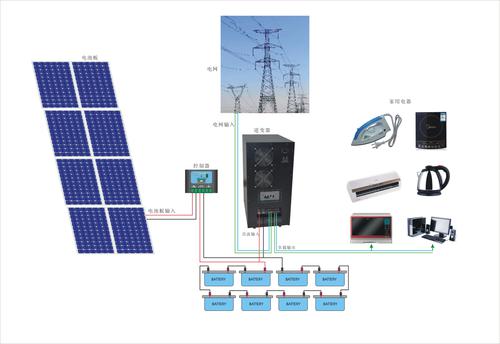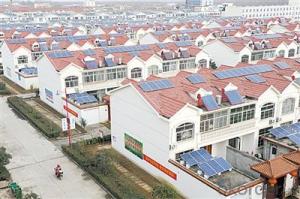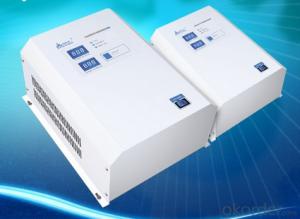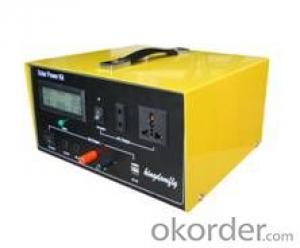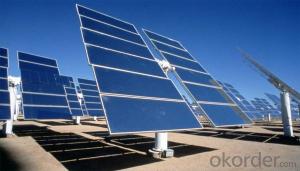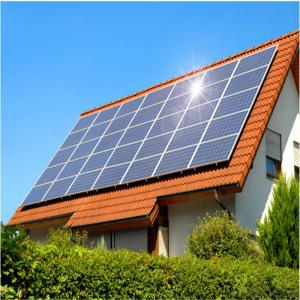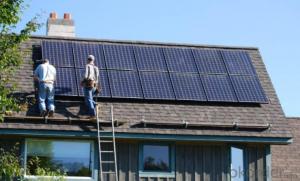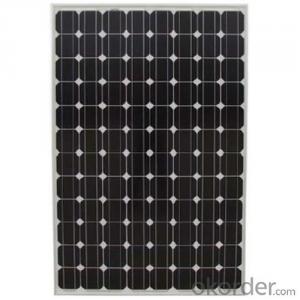Greentech Solar Energy Systems:1000W Solar Power System for Home Use
- Loading Port:
- Guangzhou
- Payment Terms:
- TT OR LC
- Min Order Qty:
- -
- Supply Capability:
- 1000sets set/month
OKorder Service Pledge
OKorder Financial Service
You Might Also Like
Solar power system 1000W for home use
Features
Solar cell modules
It converts solar energy into electrical energy and the frames support solar panels.
Charge controller
It supplies direct current regulated from solar modules to the battery or inverter.
Stand-Alone Inverter
It supplies alternative current to loads after rectifying the direct current.
Battery
It supplies the electric power to loads through inverter in case the electric power generated from solar modules is in short supply or at night.
Complete 24V/1000W stand alone solar systems
5×200w poly solar panels//1×24V/50A solar charge controller//1×48V/3000W pure sine wave
inverter//4×12V/200Ah lead acid batteries//ground mounting brackets//50m PV cables for solar
panels connection//dual connectors for solar panels connection//connection cables for batteries.
average produce 6kwh power each day!!!
| 12V/200W Poly-crystalline Solar Panels | ||||||||
| Model: 200P Maximum power:200W Maximum power voltage:35V Maximum power current:5.71A Open circuit voltage:42.48V Short circuit current:6.29A Dimension:1350mm×1000mm×45mm Weight: 17.5kg Solar cells:48pieces(6×8)poly solar cells156mm×156mm;Grade A; CE certification Maximum systems voltage: 1000V | 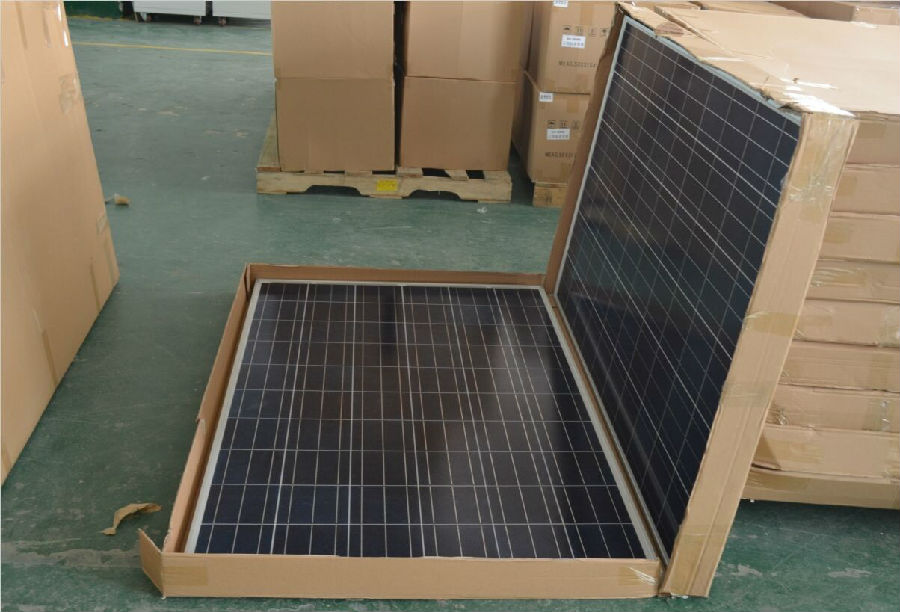 | |||||||
| | ||||||||
| | ||||||||
| | ||||||||
| | ||||||||
Wiring of solar panels: 1 panels in series, 5 strings in parallel | ||||||||
| 24V/50A solar charge controller | ||||||||
| Model:2450 Rated voltage: 24V Rated current: 50A Over-voltage protection 34V Over-discharge recover voltage: 25V working temperature: -20℃~45℃ Dimension: 184mm×110mm×57mm Weight: 0.66kg Features: battery switch | 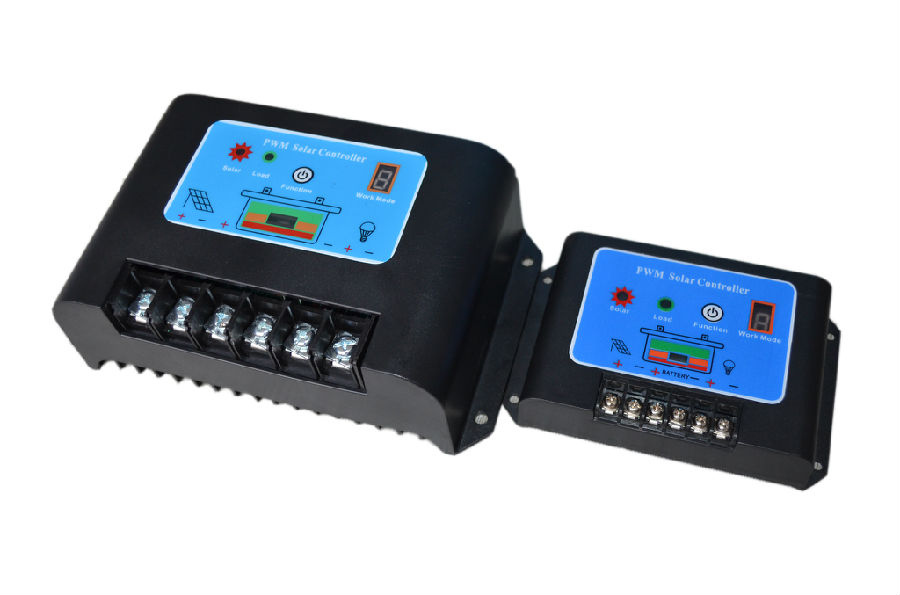 | |||||||
| | ||||||||
| | ||||||||
| | ||||||||
| | ||||||||
| | ||||||||
| Wiring of solar charge controller: firstly connect solar charge controller with battery bank, then connect solar charge controller with solar panels array, at last connect solar charge controller with loads or pure sine wave inverter | ||||||||
| 48V/3000W Pure Sine Wave Inverter | ||||||||
| Model:10224 Rated input voltage:DC24V Input voltage range:75V~125V OR 145V~275V Output voltage:AC210V~AC240V Rated output power:1000W Maximum output power:2000W Output wave form: pure sine wave Dimension:396mm×190mm×240mm Weight:14kg. Working temperature: 0℃~40℃. Battery low voltage shutdown: DC21V | 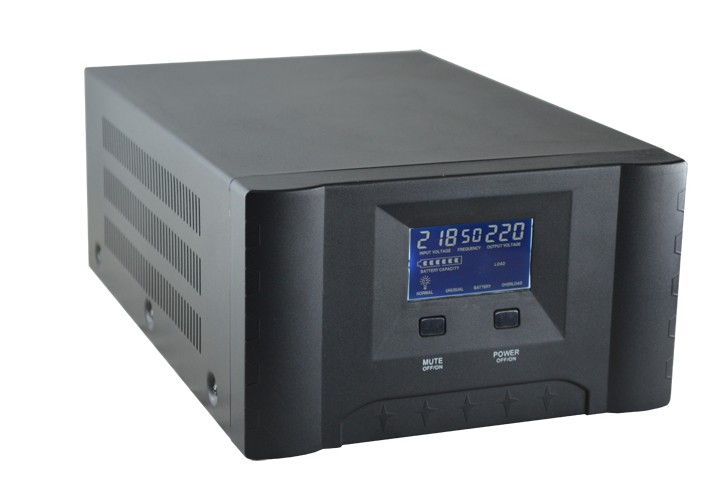 | |||||||
| | ||||||||
| | ||||||||
| | ||||||||
| | ||||||||
| 12V/200Ah deep cycle battery | ||||||||
| Deep cycle batteries in our stand alone solar systems have 2000 time charging-discharging cycle at 50% DOD. Gel batteries have better performance than lead acid batteries under cold temperature. besides, these battery are free-maintenance. |
| Package&shipment terms | |||||||||
| 1,We would pack all components into one plywood case and put much foam inside of plywood case, this packing way can make all components stand long distance transportation. 2,Because batteries are a kind of very heavy components and can't be allowed to transport by air, we have to choose sea transportation. though sea transportation would take more days to arrive, however you can save much postage. 3.We would ship the system to any bigger port near to customers, customers need to go to the port and pick up the system. |
- Q: How do solar energy systems contribute to reducing peak demand on the electrical grid?
- Solar energy systems contribute to reducing peak demand on the electrical grid by generating electricity during the day when demand is highest. This reduces the need for additional power from traditional sources during peak hours, which helps to stabilize the grid and prevent potential blackouts. Additionally, solar energy systems can also feed excess generated electricity back into the grid, further alleviating peak demand and reducing strain on the electrical infrastructure.
- Q: Can solar energy systems be leased or rented?
- Yes, solar energy systems can be leased or rented. Leasing or renting solar panels allows individuals or businesses to access the benefits of solar energy without the upfront costs of purchasing the system. This option is especially popular for those who may not have the financial resources to buy a solar energy system outright.
- Q: What are the advantages of using solar energy?
- Some advantages of using solar energy include: 1. Renewable and sustainable: Solar energy is derived from the sun, which is an abundant and inexhaustible source. It provides a long-term solution to meet our energy needs without depleting natural resources. 2. Environmentally friendly: Solar energy production is clean and does not emit greenhouse gases or other harmful pollutants that contribute to air pollution, climate change, or health issues. It helps reduce our carbon footprint and combat global warming. 3. Cost-effective in the long run: Although installing solar panels can be initially expensive, solar energy can save money in the long term. Once installed, solar power generates electricity at no additional cost, reducing or even eliminating monthly utility bills. It also offers a hedge against rising energy prices. 4. Energy independence: Solar energy allows individuals and businesses to become self-sufficient in their electricity production. This reduces reliance on traditional energy sources and volatile international energy markets, providing greater control and stability. 5. Low maintenance and silent operation: Solar panels require minimal maintenance and have a long lifespan. They do not produce any noise while converting sunlight into usable energy, making them suitable for residential areas. 6. Job creation and economic growth: The solar industry creates numerous job opportunities, from manufacturing and installation to maintenance and research. Investing in solar energy can stimulate local economies and contribute to sustainable economic growth. 7. Versatility and scalability: Solar energy can be harnessed in various ways, from small-scale residential installations to large-scale solar farms. It can be integrated into existing infrastructures, such as rooftops and buildings, or utilized for off-grid applications in remote areas. 8. Resilience and reliability: Solar energy systems are decentralized, meaning they can function independently or in conjunction with the grid. This enhances energy security, especially during natural disasters or power outages, as solar-powered systems can continue to provide electricity. In conclusion, solar energy offers numerous advantages, including sustainability, environmental friendliness, cost savings, energy independence, low maintenance, job creation, versatility, and resilience.
- Q: Can solar energy systems be installed on rooftops?
- Yes, solar energy systems can be installed on rooftops. In fact, rooftop installations are one of the most common and effective ways to harness solar energy for residential, commercial, and industrial purposes.
- Q: How do solar batteries store excess energy?
- Solar batteries store excess energy by converting the surplus electricity generated by solar panels into chemical energy. This is done through a process called charging, where the excess energy is used to charge the battery. The battery then stores this energy as chemical potential energy, which can be later converted back into electrical energy when needed.
- Q: Are there any limitations to installing a solar energy system in a homeowner's association?
- Yes, there can be limitations to installing a solar energy system in a homeowner's association (HOA). Some HOAs may have specific rules and regulations regarding the installation of solar panels, such as restrictions on the size, location, or appearance of the panels. Additionally, the HOA may require approval or permits before installing a solar energy system. It is important for homeowners to review the HOA's guidelines and consult with the association before proceeding with the installation.
- Q: Are there any regulations or permits required for installing solar energy systems?
- Yes, there are regulations and permits required for installing solar energy systems. The specific requirements vary by location, but typically involve obtaining permits for building and electrical work, adhering to zoning and building codes, and complying with utility interconnection regulations. It is important to consult with local authorities or a professional installer to ensure compliance with all necessary regulations and obtain the required permits before installing a solar energy system.
- Q: How do solar energy systems impact the efficiency of air conditioning systems?
- Solar energy systems can greatly impact the efficiency of air conditioning systems by providing a clean and renewable source of power. By harnessing the sun's energy, solar systems can reduce the reliance on traditional electricity grids, resulting in lower energy costs and reduced carbon emissions. This allows air conditioning systems to operate more efficiently, as they can draw power from a sustainable source, ultimately leading to energy savings and improved performance.
- Q: Can solar energy systems be used for powering remote weather stations?
- Yes, solar energy systems can definitely be used for powering remote weather stations. Solar energy is a clean and renewable source of power that can be harnessed in remote areas where connecting to the electrical grid might not be feasible or cost-effective. Weather stations require a continuous supply of electricity to operate their sensors, data loggers, communication devices, and other equipment. Solar panels can be installed at these stations to capture sunlight and convert it into electricity through photovoltaic technology. This electricity can then be stored in batteries, providing a reliable and sustainable power source for the weather station even during cloudy or nighttime conditions. Additionally, solar energy systems require minimal maintenance and have a long lifespan, making them ideal for remote locations where regular maintenance visits may be challenging. Overall, using solar energy systems for powering remote weather stations is a practical and environmentally friendly solution that can ensure the continuous operation of these vital monitoring facilities.
- Q: Are solar energy systems cost-effective?
- Yes, solar energy systems are cost-effective in the long run. Although the initial installation costs may be high, solar energy systems provide significant savings on electricity bills over time and can even generate excess power that can be sold back to the grid. Additionally, solar energy systems require minimal maintenance and have a long lifespan, making them a cost-effective and sustainable investment.
Send your message to us
Greentech Solar Energy Systems:1000W Solar Power System for Home Use
- Loading Port:
- Guangzhou
- Payment Terms:
- TT OR LC
- Min Order Qty:
- -
- Supply Capability:
- 1000sets set/month
OKorder Service Pledge
OKorder Financial Service
Similar products
Hot products
Hot Searches
Related keywords

